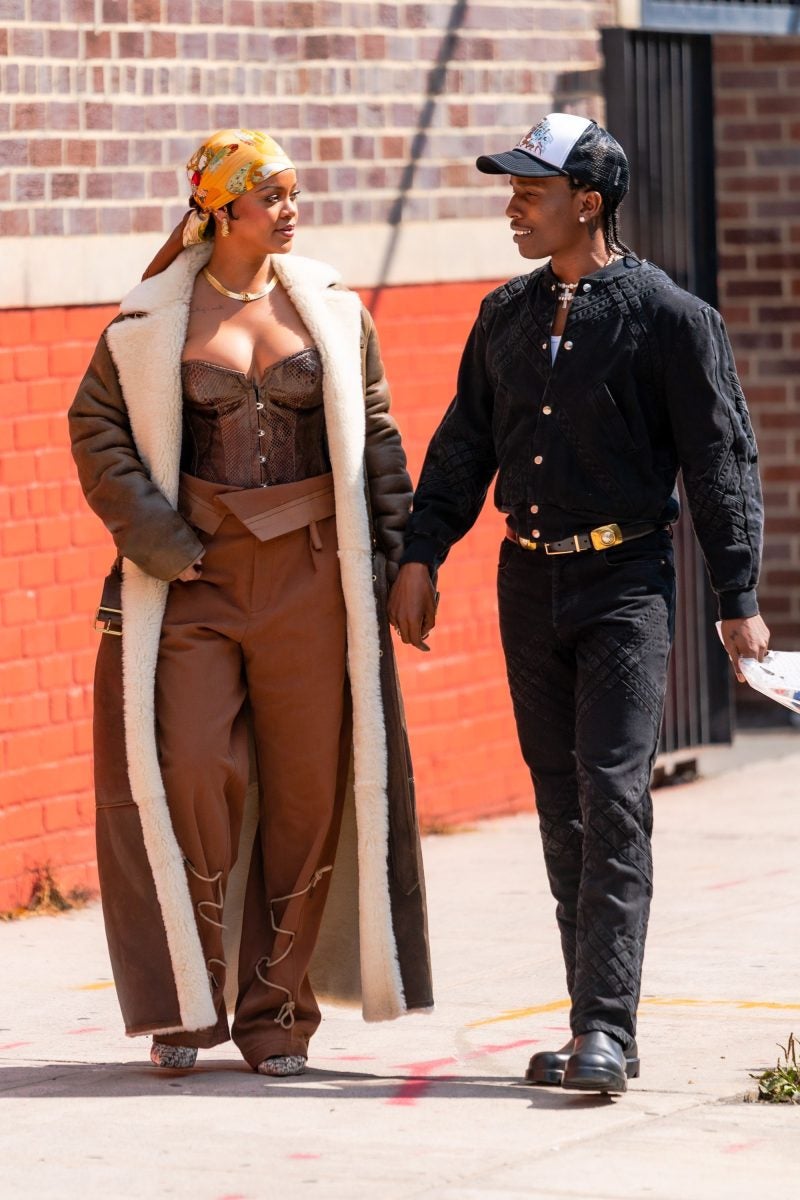
Alice begins with a blood-curdling scream. As the film comes into focus, the audience meets Alice (Keke Palmer), an enslaved woman on the run. Before her destination is revealed, the film pulls us back in time to a plantation in rural Georgia. Surrounded by her loved ones, Alice secretly weds a man named Joseph (Gaius Charles) in a darkened cabin. However, no sooner have the newlywed couple said their vows are they beckoned outside by the plantation owner, Paul (Jonny Lee Miller). The audience learns quickly that Paul luxuriates in endless acts of cruelty include sexual and physical violence.
Alice’s world has been depicted in countless films, including Harriet, 12 Years A Slave and, the oddly similar Antebellum. In Alice, first-time filmmaker Krystin Ver Linden painstakingly takes the time to sit in this setting of horrors, depicting everything from iron muzzles to beatings and alarming talks of human breeding. Unfortunately, this adds nothing new to the narratives of this time period.
Languishing on the plantation for more than 40 minutes, the audience learns more about Alice. Willful and determined, she is no wallflower. Alice can read, a skill taught to her by Paul for his personal gain. She is also almost certain something beyond the world she knows exists. After all, Paul’s ailing mother tells Alice stories about being a dancer in Chicago, and strange tools are found buried in the earth around the plantation. Soon enough, Alice discovers much more of the world than she could have dreamed of. Following a violent altercation with Paul, she runs for her life and finds herself stumbling onto a highway in the year 1973.
Having fainted from the clash with Paul and the unrecognizable surroundings, Alice finds in the path of a truck driver named Frank (Common). A delusion former Black Panther, Frank is carrying the weight and pain of the 1960s on his shoulders. Struck by images of influential black figures, including Malcolm X, Fred Hampton, and Diana Ross on TV and in magazines, Alice begins to piece together the lie of her life. Embolden by her new knowledge and spurred into action following a viewing of the Pam Grier vehicle, Coffy, Alice, and a reluctant Frank begin plotting to expose Paul and to free the loved ones she’s left behind.

Enslavement is ingrained in the history of the United States. It’s imperative that we understand the history of slavery and racism and how they’ve shaped our nation today. To that end, all stories of enslaved people are impactful and should be told. However, when it comes to the medium of cinema, we must consider why antebellum-set narratives are produced over those that depict Black joy and liberation. Moreover, we must also contend with who is telling these stories.
There are real-life narratives of Black Americans who were kept in bondage more than 100 years after slavery ended. However, the troubling direction of Alice makes their stories seem implausible. The film consists of baffling dialogue and plot points. Moreover, it neither works as a drama about the enslaved nor a Blaxploitation piece. One scene, in particular, finds Alice confronting her former mistress at a diner. Defiant in her racism and monstrousness, the woman tells Alice, “Freedom is a word you will never understand in a million years.” Though well-acted, the scene is unbearable.







Aside from Palmer’s performance and a phenomenal soundtrack, very little works well in Alice. Ver Linden never really decides what she wants her film to be, which suggests this story would have been much better off in another writer/director’s hands.
Alice premiered at Sundance Festival Jan. 23, 2022.





















